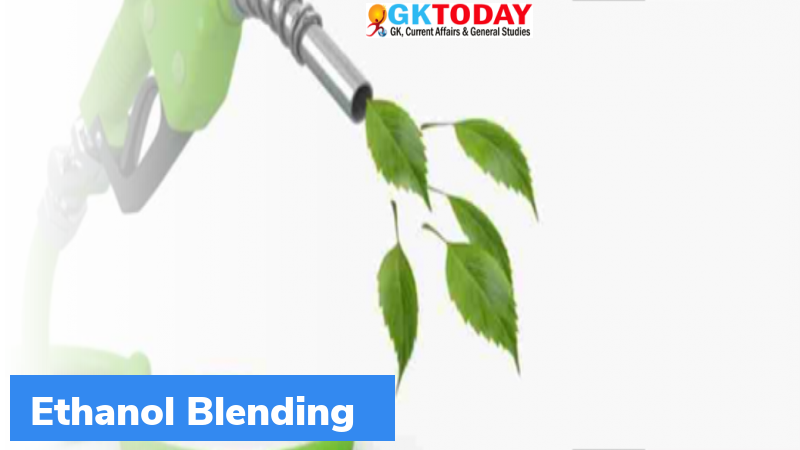India’s push for Sugar-Fuelled Cars
India is pushing for cars to run on ethanol made from sugar. This move of Indian government is increasing the risks of higher cost of sweetener worldwide.
Key Points
- Indian government will fast-track an ethanol program. This programme will divert about 6 million tons of sugar toward fuel production annually by 2025.
- This amount to almost entire sugar that India currently exports to international market. India is the world’s second-biggest producer of sugar after Brazil.
Background
Prime Minister Narendra Modi had advanced the target for blending 20% ethanol in gasoline to 2025 which is five years earlier than it was planned.
How this target will be achieved?
In order to meet the 2025 target, India is required to almost triple ethanol production by about 10 billion litres in a year. It will require $7 billion of investment.
Challenges that India will face
- Major challenge associated with the target would be to create the kind of capacity needed in about three to four years.
- Prices of ethanol is increasing since 2017 amid a supply crunch. Prices have increased partly due to wild weather in Brazil. Further surge will increase the food inflation risks.
Advantages of ethanol blending
- Ethanol blending will reduce air pollution.
- It will cut India’s oil import bills.
- It will also help in soaking up domestic sugar glut and increase investment across rural areas.
How government is supporting the process?
Government is offering financial support to sugar mills in order to set up or expand distilleries. For instance, Balrampur Chini Mills Ltd. will stop producing sugar at some of its mills and start processing cane juice to make ethanol.
India’s strategy
India is following the Brazilian model that has promoted sugarcane-based ethanol for more than 40 years in order to increase energy security, ease its sugar glut and cut dependency on oil imports. Presently, Brazil has the largest fleet of flex-fuel cars running on any blend of ethanol and gasoline. India will also allow production of ethanol-based flex engines.
Month: Current Affairs - August, 2021


